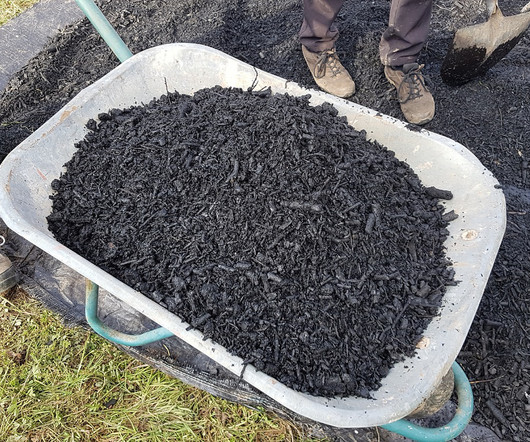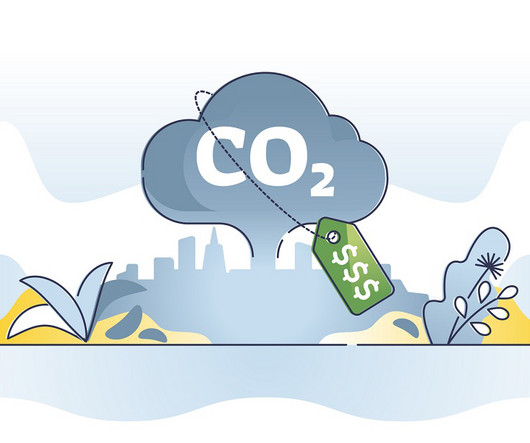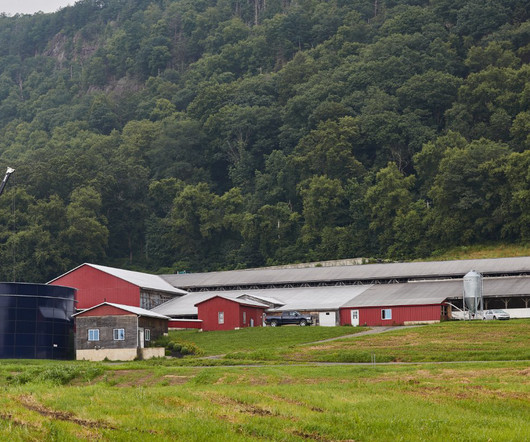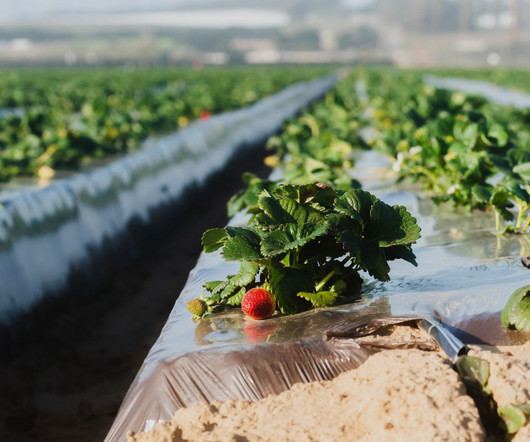What is Biochar and How Can It Improve Your Farm’s Soil Health
Cropaia
MAY 25, 2024
Sustainability Benefits Biochar contributes to environmental sustainability in several key ways, and is a key component of regenerative agriculture: Carbon sequestration and greenhouse gas emissions reduction Biochar is highly effective at sequestering carbon due to its stable nature.











Let's personalize your content